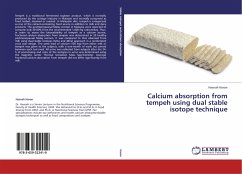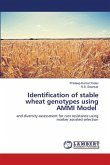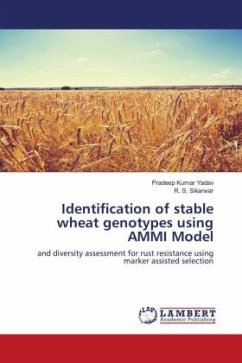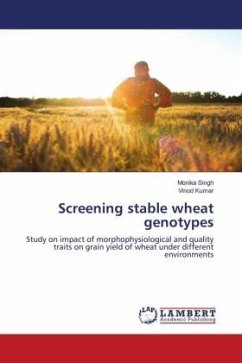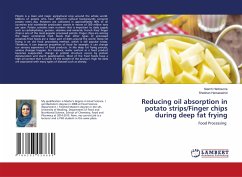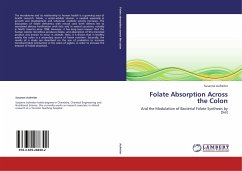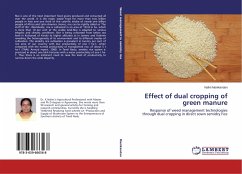Tempeh is a traditional fermented soybean product, which is normally produced by the cottage industry in Malaysia and normally consumed as fried, boiled, steamed or roasted. In Malaysian diet, tempeh is categorized as one of the calcium-containing food source in addition to milk and dairy products. The postmenopausal Malay women in Malaysia were reported to consume only 30 60% from the recommended 1,000 mg calcium/day. Thus, in order to assess the bioavailability of tempeh as a calcium source, fractional calcium absorption from tempeh was determined in 20 healthy postmenopausal Malay women. It was compared to that observed from milk using dual stable isotopes (42Ca and 44Ca) approach in a randomized cross over design. The same load of calcium (130 mg) from either milk or tempeh was given to the subjects, with a one-month of wash out period between each test meal. All urine was collected from subjects after the 24-h of post-dosing and ratio of the isotopes in urine was determined using the magnetic sector Thermal Ionization Mass Spectrometer. Average fractional calcium absorption from tempeh did not differ significantly from milk.
Bitte wählen Sie Ihr Anliegen aus.
Rechnungen
Retourenschein anfordern
Bestellstatus
Storno

